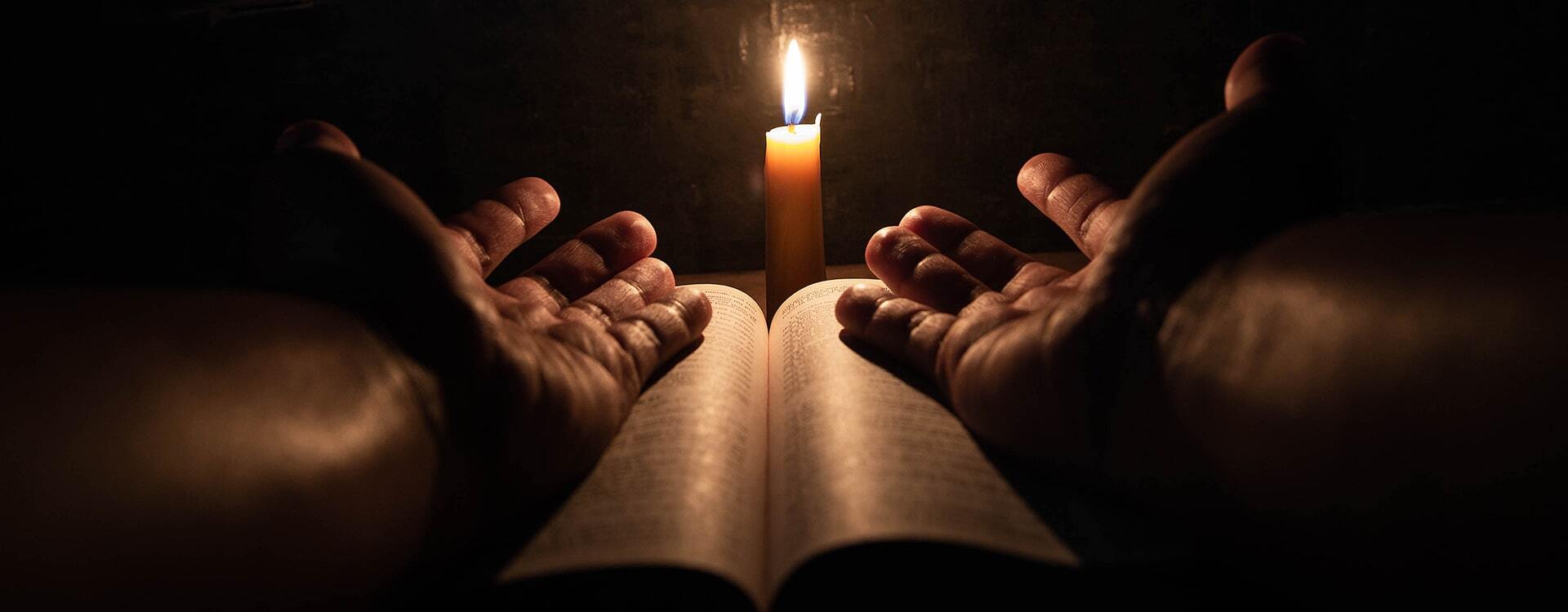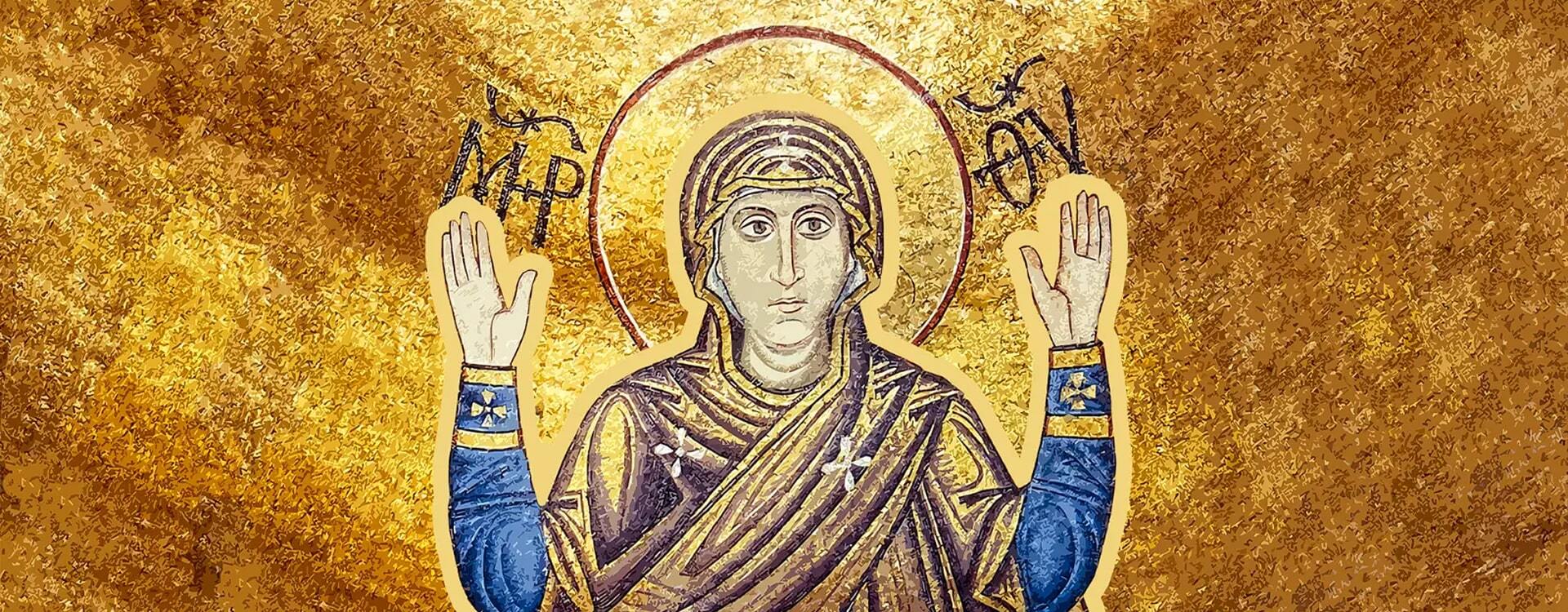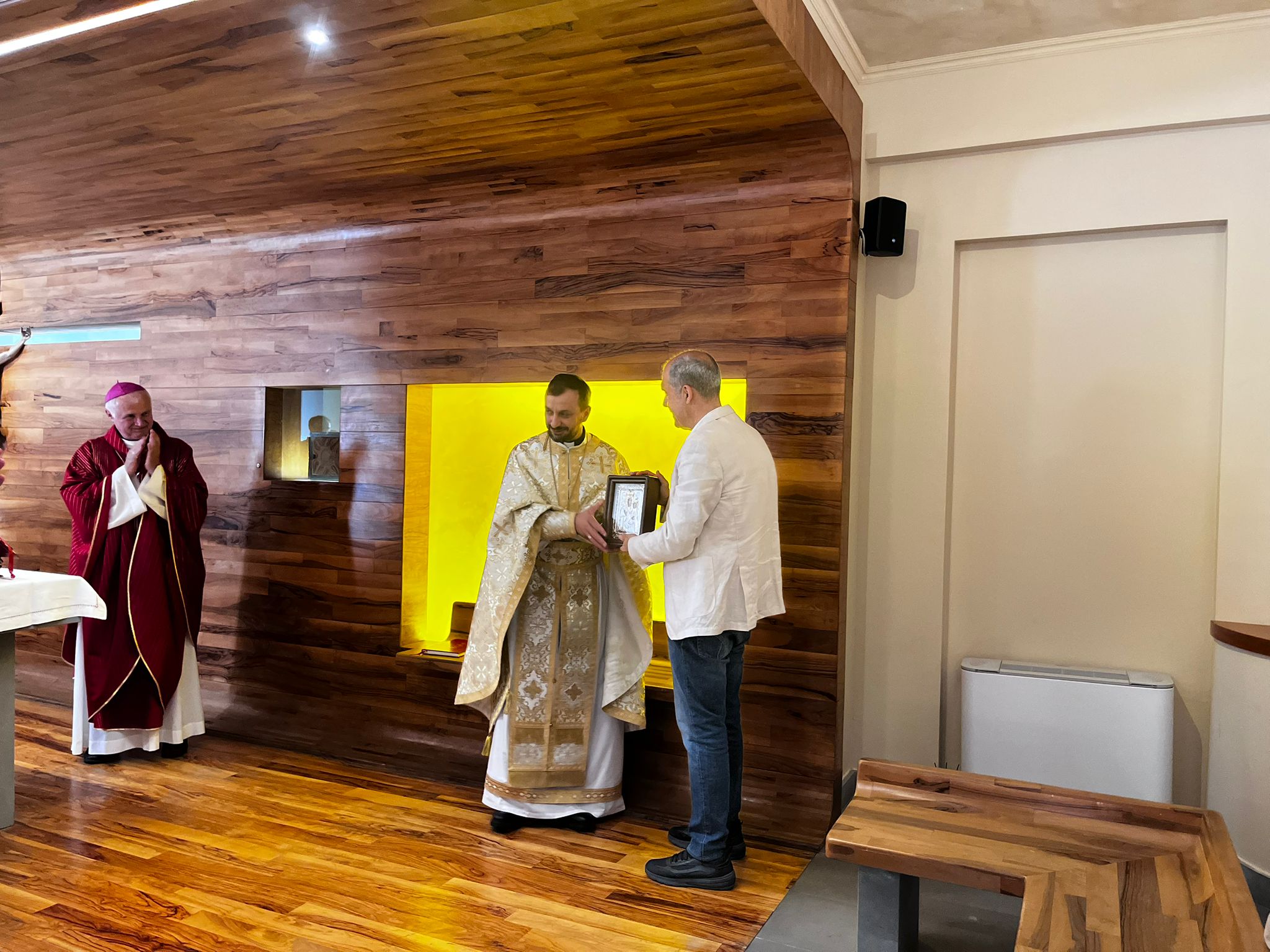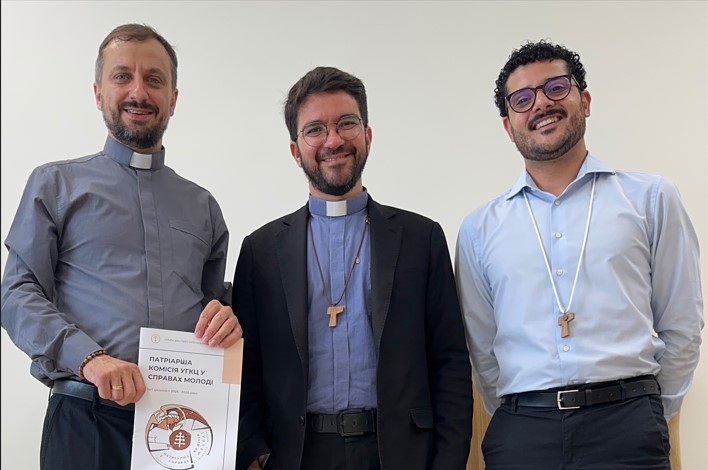WHEN DO WE CELEBRATE CHRISTMAS?

Did you know that we celebrate Christmas on December 25?
No Christians celebrate our Savior’s birth on January 7, as people assert. And it is true indeed, if one lives according to the church calendar. More details on this were given by Bishop Borys Gudziak, UGCC Bishop of the Eparchy in Paris, in his blog on the website zaxid.net
The celebration of Christ’s Nativity occurs not on January 7 or 8 but always on December 25. But for those who use the Julian calendar for religious feasts, December 25 falls, according to the secular calendar, on January 7. It was like this in the 20th century, it is so in the 21st. In the 19th century, the date was January 6, and, in the 22nd century, let’s keep in mind that it will be January 8. We all, however, follow the Gregorian calendar in our everyday life.
We Ukrainians live in calendar confusion which either has affected some of us for a hundred years or others for more than 400 years.
Читай українською Коли ми святкуємо Різдво?
Every change of calendar, whether it be in 1582 in time of Pope Gregory XIII, or in Britain in the mid-18th century, or in Greece in the 1920s, or in the Ukrainian diaspora in the 20th century, happened with difficulties and was accompanied with conflicts and divisions. One should remember this when seeking to propose another change. Nowadays, not only the Catholic and Protestant world, but also most of the Orthodox Churches use the Gregorian calendar for immobile feasts, including the Christmas celebration. The old calendar is followed by the Russian Orthodox Church, Mount Athos, the Serbian Orthodox Church, the Jerusalem Orthodox Church, the Georgian Orthodox Church and Eastern Christian Ukraine, both Orthodox and Greek Catholic. The diaspora has felt and continues to feel very strongly about the importance of being united with Ukraine, in celebrations of Christ’s Nativity with relatives, friends, the Ukrainian eparchies and our Patriarchate. At the same time, culturally, psychologically, emotionally and spiritually, we are, in some way, disconnected with those Christians who are next to us. There are some cases when the new-calendar parishes pass to the Julian calendar, as it happened with the St. Sergius and St. Bacchus Church in Rome and St. Barbara Church in Vienna. They had passed to the Gregorian calendar and returned to the Julian calendar with a new wave of migrants from Ukraine, who wished to continue celebrating according to Ukrainian custom. The issue of calendar changing is raised, from time to time, in Ukraine, especially by young people. Certainly, now during the war and many other troubles, when Ukrainians are in such need of unity, the calendar changing is not relevant. But healthy discussion of this issue is needed. In 2100, the Julian calendar will make us change the Christmas date. In the 22nd century, Christmas will fall on January 8, and this date will make us one more day distant from astronomical accuracy. The Eparchy of St. Volodymyr the Great in Paris of the Ukrainian Greek Catholic Church takes cautious but determined steps towards the uniting of the Christmas celebration. In two spots of our eparchy, where the faithful of our Church rooted themselves into the local rhythm and mode of life, namely in the university town of Leuven (Belgium) and in the French royal town of Senlis, where the daughter of Yaroslav the Wise entered fully into the local reality by becoming the king’s wife, we celebrate this year’s Nativity of Christ according to the Gregorian calendar. In Leuven, the parish passes completely to this calendar for the celebration of immobile feasts, preserving the old calendar’s Paschal celebration, by the example of the Greeks, the Romanians and other Orthodox Christians. In Senlis, Christmas, according to the new style, is experimental since the parish will generally follow the old calendar. – Bishop Borys Gudziak Based on: Changing a calendar? Some reflections and specific steps Photo: pp.uaПІДТРИМАЙТЕ ДИВЕН СВІТ
Разом ми можемо більше! Зробіть свій внесок у розвиток нашого
проєкту.
проєкту
ЧИТАЙТЕ ТАКОЖ

МАЄТЕ ЦІКАВУ ІНФОРМАЦІЮ ДЛЯ НАС?
Ми відкриті для ваших новин, і разом можемо створювати цікаві
матеріали для нашої спільноти.
Хочу запропонувати новину













